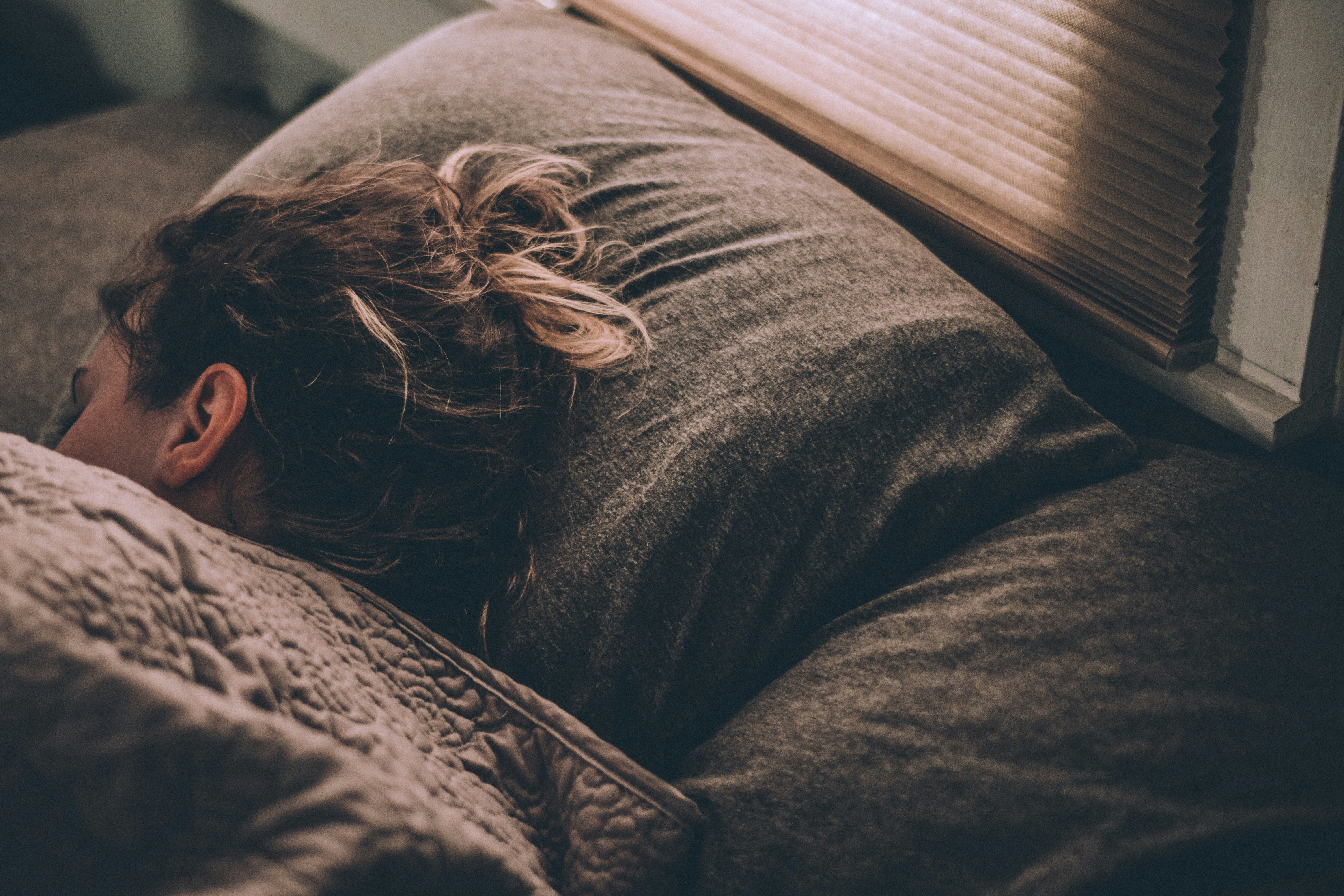
How to get more and better sleep: A neuropsychology perspective
Insomnia will affect 30% of adults at some point in their lives, and 10% of adults struggle with chronic insomnia. Sleep deficits are well known to be associated with a wide range of negative medical and behavioral outcomes. Fortunately, the many problems associated with sleep are usually solveable with the consistent use of a few good habits.
Humans spend about 1/3 of our lifetimes sleeping. In other words, if a person lived to be 75 years old, 25 of those years would be spent asleep! This might seem like a lot, but that amount of sleep is critical for a person's well being. In research studies of sleep deprivation, people experience cognitive impairment even after only one single night of no sleep, even though physical strength is relatively unaffected. Other negative effects of sleep deprivation include an elevated number of free radicals within and between our brain cells.
Free radicals are essentially molecules that have unpaired electrons in their outer shell, making them extremely reactive and unstable. Because there are unpaired electrons present, free radicals rip away electrons from molecules within healthy cells, damaging them in the process. This process is called oxidative stress.
Portions of our sleep cycle are believed to involve the removal of free radicals, so they are prevented from causing this cell damage, though there are certainly many other ways that free radicals can be controlled and removed, such as eating a diet rich in foods with antioxidant properties (e.g., broccoli, spinach, carrots, potatoes, and artichokes among many others).
Despite the critical importance of sleep to our overall health and well being, many of us struggle to sleep well consistently. In fact as many as one in ten adults struggle with insomnia on a long term basis. While loss of sleep from circumscribed stressors is common, our typical sleep rhythm should return to normal after the stressor resolves. Stressors that can lead to sleep loss can be either negative (e.g., break up, job loss, financial stress, health issues), they can also be positive (e.g., excitement about an upcoming event, promotions, victories in sports).
If your sleep does not return to normal after resolution of a stressor, or if you have struggled with insomnia for a long time, there are fortunately many habits you can develop to help get your sleep cycle back on track. Collectively, these habits are known as sleep hygiene and some of these habits are listed below:
1. Go to bed and wake up at the same times every day
Our brains are designed to operate on a ~24 hour cycle, and some of the most important reference points in that cycle are our wake and sleep times. If we go to bed and wake up at differing times from day to day, the brain has a hard time learning when it is supposed to fall asleep and when is it supposed to wake. Think about jetlag.
For example, if you travel from New York to California, you need to set back your clock by three hours. In this situation, you might find that you are tired and ready for bed before anyone else. Now imagine flying back and forth between California and New York every day or two; you would probably be in a constant state of jetlag because the brain never has a chance to learn its new time zone.
This is precisely why it is so important to have consistent sleep and wake times. For example, if some nights you go to bed at 9pm, and other nights at midnight, you are doing the equivalent of traveling three time zones back and forth!
2. Reserve the bed and bedroom only for sleep
Our brains are extremely good at forming associations between things that occur together. For example, if you smell something delicious cooking in the next room, your stomach might start to grumble, even if it is not a meal time, and even if you are not hungry. The reason for this is that the smell has probably occurred alongside a delicious meal in the past, so even though you do not have any food directly in front of you, and even though it is not a mealtime, the smell triggers a hunger response.
We can think of sleep and the bed in the same fashion. Ideally, the bed is associated in our brains with sleep. In reality, this is not always the case especially if you have insomnia. For many people with insomnia, the brain has come to associate the bed with many other things other than sleep.
For example, if you spend a lot of time in bed watching TV, scrolling on your phone, or working, your brain is actually associating the bed with those activities. What this means is that when it is actually time to sleep in the bed, the brain recognizes the bed as a place not just for sleep, but also for any of those other activities. For this reason, it is important to "remove the competition," and reserve the bed only for sleep (the one exception to this rule is sexual activity).
The better you are able to allow the bed to be associated with sleep and only sleep, the more ready you will be to sleep at bedtime.
3. If you are trying to sleep and you can't, get out of bed and go do something else outside the bedroom
For the same reason as #2 above: The bed and bedroom need to be associated with sleep and only sleep. In other words, if you are lying in bed NOT sleeping for an extended time, the brain will learn by associated that the bed is a place for lying down without sleeping. Worse yet is if you engage in excessive worry in bed for an extended time, the brain will associate the bed with worry rather than sleep.
To prevent this association from forming, it is important to get out of bed if you are not asleep (i.e., unconscious) after 20 minutes of lying in bed. While this may seem counter intuitive, it is critical for preventing the brain from forming harmful associations between the bed and things that are unrelated to sleep.
Once you get out of bed, it is very important to refrain from getting back in bed until you feel very very tired. The best way to accomplish this is to do something boring and repetitive for as long as it takes to feel tired again. Examples of these things might be sorting through the mail, reading through a magazine, tidying up around the home, or planning activities or meals for the week.
Ideally, you should also avoid interacting with any screens, as the light that is emitted from most screens on this like smartphones, tablets, or TVs can trick the biological clock in our brain into thinking that it is daytime when it is not. Once you feel very tired again (but not before), that is the time when it is best to go back to bed.
Getting into bed when you feel tired, sleepy and relaxed will teach the brain the bed is for being tired, sleepy and relaxed (i.e., not anxious, worried, or stressed).

